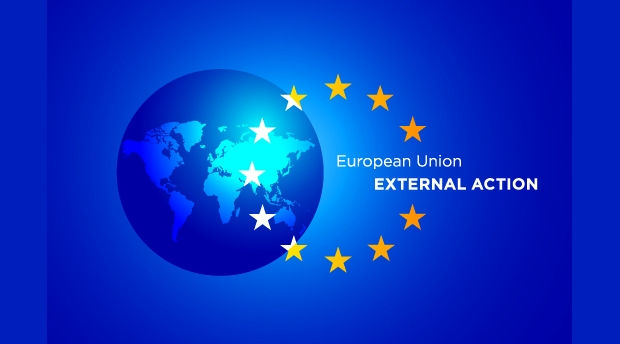"Globalization on workspace" in terms of cross-culture working environments
- csbprojectitaly
- Jan 21, 2021
- 2 min read
STUDENTS' VOICE COUNTS!
Justyna Kramarska and Joanna Rycerz, two students of the University of Split, Faculty of Economics, Business and Tourism wrote this interesting paper for the Output 2 of the CSB project.
Our society is becoming more open every day. We meet different people from the furthest parts of the Word and we can decide if we wish to have some of them around us. These decisions now seem to be on our agenda and are nothing unusual. However, the workplace is not always that flexible when it comes to picking who you’re going to interact with during your day. It’s important to understand diversity between us to be able to form effective partnerships for mutual success. At times of transformation, there appears global enterprises on the market that hire employees coming from different cultures. According to Geert Hofstede, culture is a mind programming that distinguishes members of one group or category from people from another. Culture includes the entire sphere of the usual everyday and behaviour of the individual [Hofstede, Hofstede, Minkov 2011, p. 21]. The phenomenon of multiculturalism is accompanied by many problems, the sources of which are different national languages, races, religions and different perceptions of reality. At the same time, as some authors point out,the ability to manage cultural diversity can become for the organization, a source of new values.
Companies in which multiculturalism is accepted and present, they have facilitated access to extensive knowledge of foreign markets and the preferences and needs of recipients coming from many countries. Teams of multicultural employees have a huge advantage over monoculture groups, whose members have similar experiences, beliefs and worldview, which translates into generating a limited number of solutions to specific problems.
Creating such a team requires both a supervisor and colleagues learning about cultures, identifying differences and similarities in approaching tasks. Creating an effective team multicultural is a big deal that is worth undertaking, because it gives many benefits to organizations and also every individual of the team.
The following work presents the issue of multiculturalism on the labour market in the context of cultural differences. The concept of globalization will be interpreted. The impact of globalization on culture will also be presented and work environments in intercultural teams will be characterized. Then advantages and disadvantages in global business will be confronted. Finally, main trends and examples of Cultural diversity will be shown. The purpose of this work is to present briefly the phenomenon of globalization in the workplace and provide a neutral overview of issues related with multiculturalism in various aspects.
Read here the full paper.

.jpg)






Comments